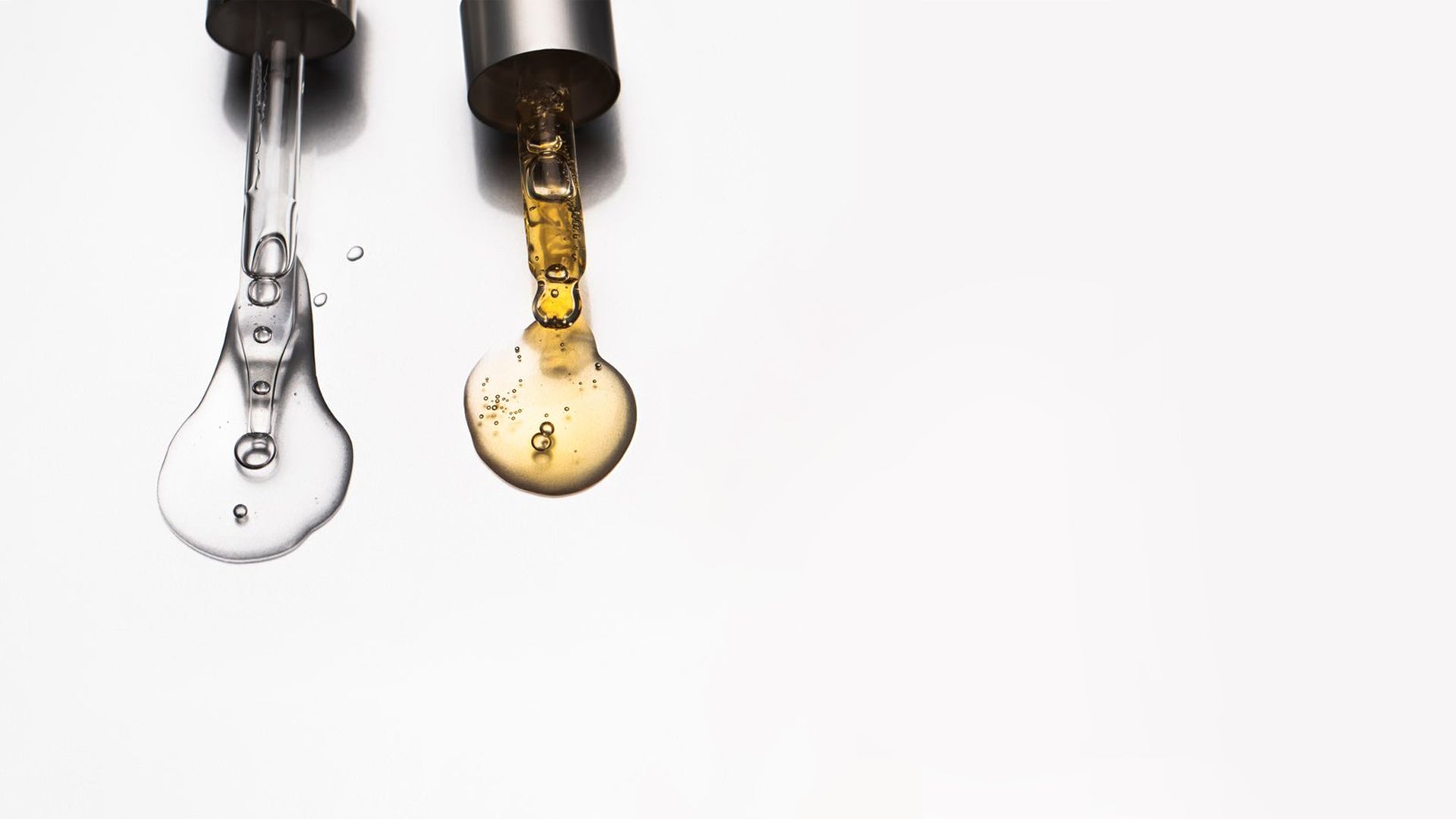Retinol is one of the most popular skincare products and probably one you have at the top of your routine. But what does retinol do for your skin?
We all know that retinol has its pros and cons, from reducing wrinkles and pigmentation to increasing sun sensitivity. It’s 2024. Is retinol still the best ‘super-product’ on the market? Or are other skincare ingredients better for your skin’s health and appearance?
Understanding Retinol
Retinol, a derivative of vitamin A, is a potent ingredient celebrated for enhancing skin texture, diminishing wrinkles, and fading hyperpigmentation.
The unique molecular structure of retinol allows it to penetrate deep within the skin’s layers and stimulate collagen production and cell turnover.
There are six different types of retinol, and you can read more about them in our article – natural alternatives to retinol.
What does retinol do for your skin?
#1 Promotes Cellular Renewal
Retinol accelerates the skin's natural exfoliation process, shedding dead skin cells to reveal a fresh, radiant complexion beneath. By promoting cellular turnover, retinol helps fade acne scars, sun spots, and other signs of ageing, leaving skin smoother and with improved texture.
#2 Boosts Collagen Production
Collagen is the protein responsible for skin elasticity and firmness, which diminishes with age. Retinol stimulates collagen synthesis, restoring the skin's youthful suppleness and resilience. With regular use, retinol can visibly improve the appearance of fine lines and wrinkles.
#3 Unclogs Pores
Retinol is a chemical exfoliator preventing the buildup of dead skin cells and debris that can lead to breakouts. Retinol helps prevent acne and blackheads by keeping pores clear, promoting a clearer, smoother complexion.
#4 Reduces Hyperpigmentation
Sun damage, hormonal changes, and inflammation can all contribute to uneven skin tone and dark spots. Retinol inhibits melanin production, the pigment responsible for dark spots.
#5 Improves Texture and Tone
With consistent use, retinol refines skin texture, smoothing rough patches and minimising the appearance of pores.
What are the problems with retinol?
You will see the new trend of skin cycling on TikTok. This is because chemicals such as retinol are incredibly harsh on the skin and can increase sensitivity.
If you use retinol every day, you can increase skin’s sensitivity to changes in temperature and sunlight. This is why it’s always recommended to apply retinol in the evening and not in the morning.
By using retinol daily, you are damaging your skin barrier and making your skin more vulnerable to sun damage, further wrinkles, redness, dry skin and blemishes.
It’s also advised not to use retinol with other activities as it may cause further skin damage.
You can also not use retinol when you are pregnant or breastfeeding.
Is there an alternative to retinol?
Thankfully yes. Red Algae is a natural alternative to retinol because it is rich in vitamin A.
Red Algae is rich in a multitude of vitamins, minerals and nutrients, meaning it can tackle sun damage, fine lines, wrinkles, blemishes, dry skin, and redness in one.
Red Algae is designed for sensitive skin. It is a natural anti-inflammatory and rich in hydration properties. It is also nature’s most potent antioxidant, meaning it actually improves the protection of your SPF.
How do I replace retinol with Red Algae?
At Seacra, we’ve developed the Recovery & Repair Gel, a twice-daily gel created with red algae, chamomile, jojoba oil, and Calendula. It’s designed to hydrate the skin and provide a natural form of all the actives you may use in your skin care routine, such as Vitamins A, C, and E. You can purchase the Recovery & Repair Gel on our website.
Here is what your journey may look like:
|
28 days |
56 days |
84 days |
|
Your skin will retain moisture and increase hydration by an average of 17%, resulting in a shinier, smoother, and even skin tone. Redness and inflammation will have decreased by an average of 20%. Bumps, blemishes, and acne will have diminished in size. Astaxanthin, the bioactive compound in red algae, is a strong antioxidant. In combination with your SPF, it will protect your skin from premature ageing and the onset of fine lines and wrinkles.
|
Your skin will be less prone to breakouts because of the powerful Astaxanthin, the bioactive compound in red algae. Astaxanthin can limit external stressors such as reactive oxidative species and the skin’s reaction to temperature, pollution, and humidity. By now, you will see a significant reduction in redness & inflammation. Previous bumps, blemishes and acne will be less visible, you will have fewer new breakouts, and previous scarring will become less visible. The skin will regain its healthy colour and feel soft, supple, and smooth.
|
Acne, blemishes & bumps will disappear. The skin is plump, glowing & smooth. The skin is clear and congestion-free. The skin's barrier is strong and resilient. Dark spots & hyperpigmentation will begin to fade. Wrinkles and fine lines will be reduced.
|
Here are some of the reviews from our customers who have tried the Recovery & Repair Gel




